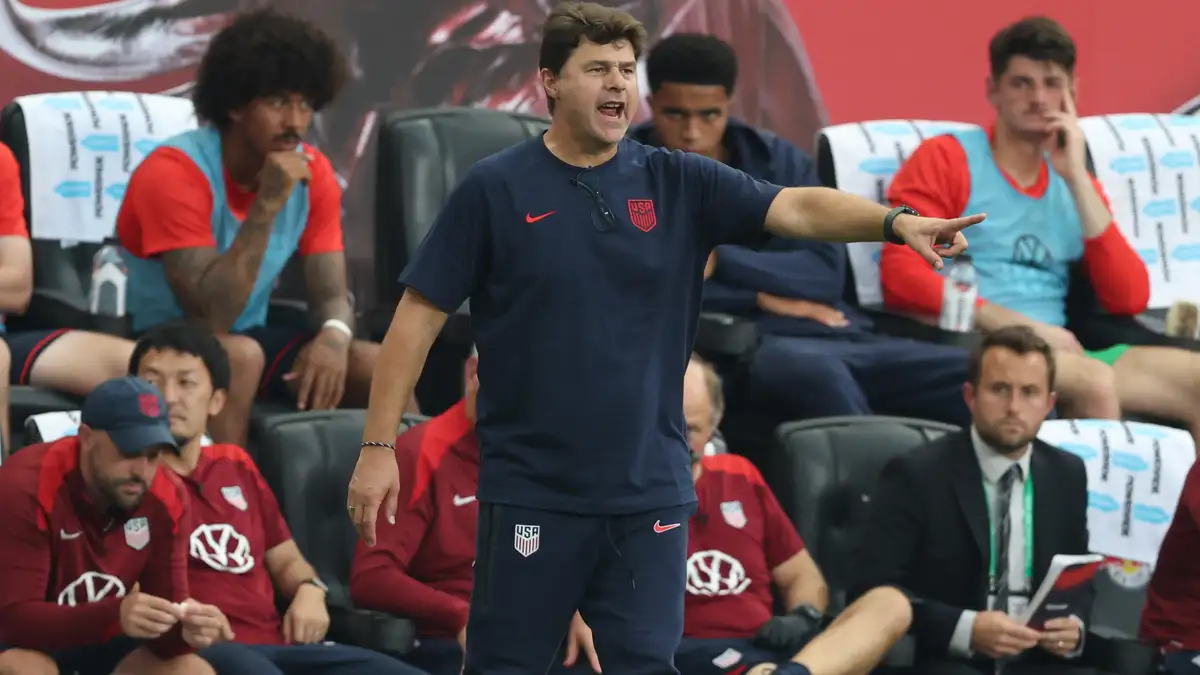
‘This Is a Failure’ – Charlie Davies Slams Mauricio Pochettino’s USMNT Direction While Tony Meola Warns of Regression
What Happened?
The U.S. men’s national team find themselves under heavy scrutiny as Mauricio Pochettino approaches the end of his first year in charge. A recent 2-0 defeat to South Korea has only amplified the frustration, with pundits and former players questioning whether the Argentine coach has truly moved the program forward.
Two of the most prominent voices belong to Charlie Davies and Tony Meola, both U.S. icons who are not shy about voicing their displeasure. Their message is clear: under Pochettino, the team looks uncertain, uninspired, and lacking a clear identity.
Davies, in particular, didn’t hold back. “This team hasn’t moved forward whatsoever. Major disappointment,” he said. “I know these are friendlies, but this is what we have. We don’t have World Cup qualifying. I’m trying to stay positive, but this is a failure. We don’t have a signature win, we don’t even have a signature XI… We have signature sht, is what we have.”*
Tony Meola’s Take: Comparing Pochettino and Berhalter
While Davies’ frustration came through in raw emotion, Tony Meola provided a more measured but equally damning assessment. The legendary goalkeeper pointed to the contrast between Pochettino and his predecessor, Gregg Berhalter.
“If we’re being fair, this looked better under Berhalter than it does here,” Meola explained on the Call It What You Want podcast. “One thing we knew under Gregg is that we know how we were playing and what we were trying to do. I’m going to keep harping on that point.”
Meola wasn’t campaigning for Berhalter to have kept his job, but he noted that during Berhalter’s first cycle, the team felt like it was building towards something. Leaving the 2022 World Cup, there was a degree of optimism. Now, that optimism feels absent.
Davies: A Team Without Identity
Charlie Davies went even further, painting a picture of a national team adrift. In his view, Pochettino has had ample time to understand the player pool and define a system, yet neither has materialized.
“You had a whole summer to experiment,” Davies said. “You had months to watch MLS and to watch guys in Europe, to say these are the guys who can take us forward. To hear in 2025, the culture’s not good, we’ve got to get people in here supporting the team? Shut the hell up. It’s disrespectful to all the guys who came before.”
His comments highlight a deeper frustration — that Pochettino, a decorated manager at the club level, seems out of touch with the unique challenges and culture of U.S. soccer. Davies’ patience, once evident, has now evaporated.
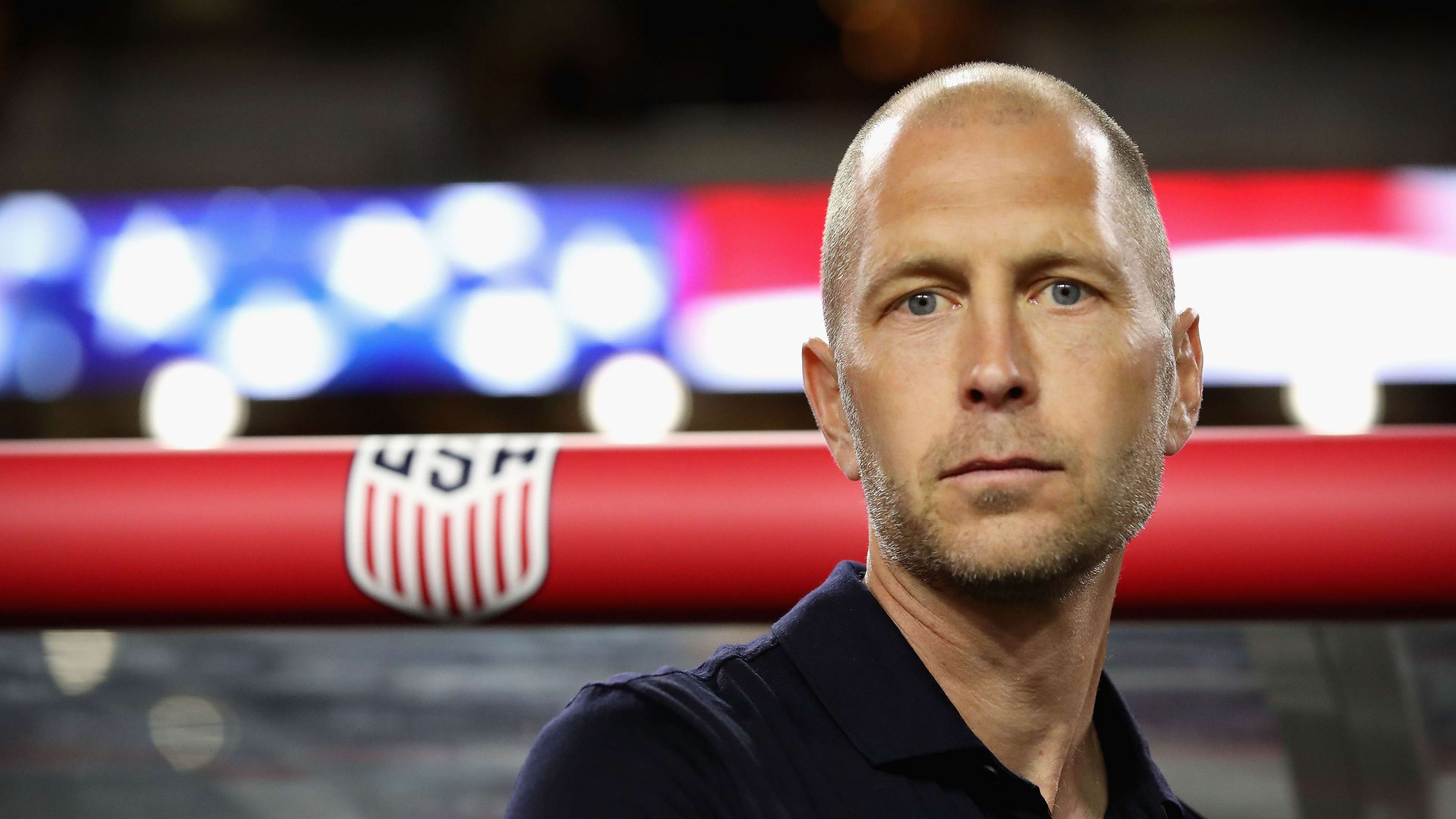
Panama v United States
The Bigger Picture: Lack of Progress Under Pochettino
The criticism isn’t simply about one result against South Korea. It’s about a pattern of stagnation.
The U.S. are currently winless in their last seven matches against non-North American top-25 opponents, being outscored 17-3 in that span. That stat alone paints a troubling picture of a side unable to compete with elite competition.
For a nation co-hosting the 2026 World Cup, this lack of progression feels alarming. Instead of building momentum and belief, the team risks heading into the biggest tournament in U.S. soccer history in disarray.
A Failure of Identity and Leadership
The most stinging critique from both Meola and Davies centers around identity. Under Berhalter, fans and players at least had a sense of what the U.S. were trying to achieve — possession-based football, pressing, and youth development.
Under Pochettino? The strategy appears muddled. Formations have shifted. Lineups have been inconsistent. Even star players like Christian Pulisic and Weston McKennie have struggled to shine consistently under his stewardship.
As Davies bluntly put it: “We don’t have a signature win, we don’t even have a signature XI.”
The Pressure of the Job
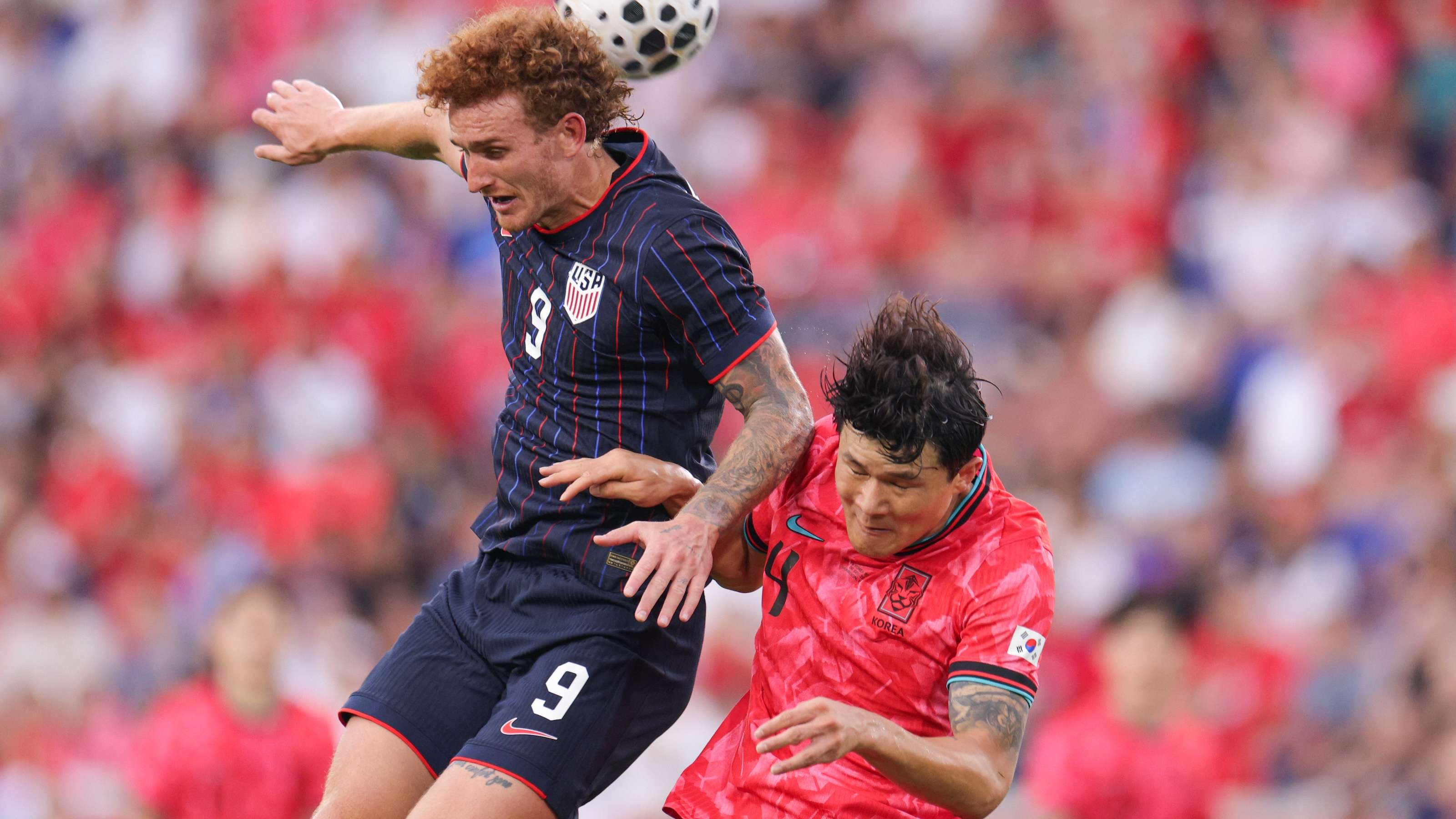
Josh Sargent USMNT
It’s important to note that managing the USMNT comes with challenges distinct from club football. The player pool is spread across MLS and various European leagues, with different levels of quality and tactical sophistication. Building cohesion takes time.
But after a year, patience is running thin. For a manager of Pochettino’s stature, excuses wear out quickly. His reputation was built on transforming Southampton, guiding Tottenham to a Champions League final, and steadying Paris Saint-Germain’s star-laden squad. U.S. fans expected the same decisiveness and vision. So far, they’ve been left wanting.
What Needs to Change?
Tony Meola laid out a simple but urgent demand: “If we don’t see changes in formation, and his absolute best players that we’ve talked about, this camp was a waste.”
That statement reflects a growing consensus: Pochettino must stop experimenting aimlessly and settle on his strongest XI. The time for tinkering has passed.
Moreover, the U.S. need a statement victory — the kind of result that signals to fans and opponents alike that they are capable of competing with the world’s best. Whether it comes against Japan, Brazil, or a European powerhouse, one defining performance could change the narrative overnight.
Did You Know?
-
The U.S. are winless in their last seven matches against non-CONCACAF top 25 teams, with a goal difference of minus-14.
-
Under Berhalter, the U.S. not only qualified for the 2022 World Cup but also reached the round of 16, losing narrowly to the Netherlands. That performance, while not spectacular, suggested upward momentum.
-
Under Pochettino, that sense of momentum feels lost — hence the sharp criticism from legends like Davies and Meola.
What Next for USMNT?
The immediate focus shifts to Tuesday’s match against Japan in Columbus, Ohio. On paper, it’s another tough test against an organized, technically sharp opponent. But in reality, it’s also an opportunity — a chance for Pochettino to silence his critics, at least temporarily.
If the U.S. can deliver a strong performance, it may restore some faith. If not, the calls for change will only grow louder.
Long-term, the U.S. must rediscover belief. The 2026 World Cup is not just another tournament — it’s a once-in-a-generation moment for American soccer. To enter that tournament directionless would be a disaster.
Conclusion: A Crossroads for Pochettino and the USMNT
Charlie Davies called it bluntly: “This is a failure.” Tony Meola added the perspective of a veteran: “This looked better under Berhalter than it does here.”
The message is unmissable. The USMNT are at a crossroads, and Mauricio Pochettino’s leadership is under intense scrutiny.
There is still time to turn things around. There is still time to craft an identity, settle on a best XI, and earn that elusive signature win. But the margin for error is shrinking with every passing friendly.
For now, the frustration of Davies and Meola reflects the broader mood among U.S. fans: passionate, hopeful, but deeply concerned. The next few months could determine not only Pochettino’s legacy but also the trajectory of American soccer as it prepares for the biggest stage of all.


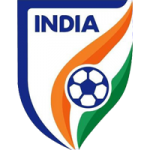

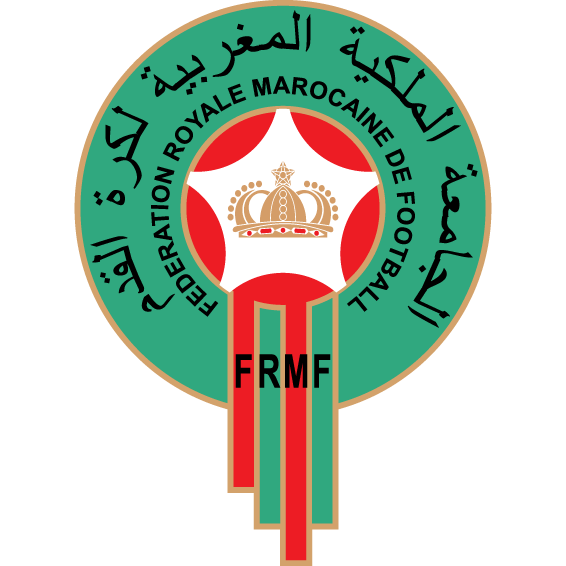
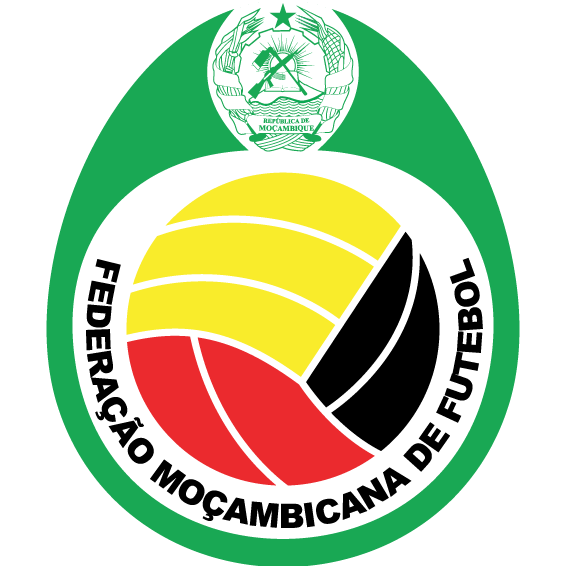





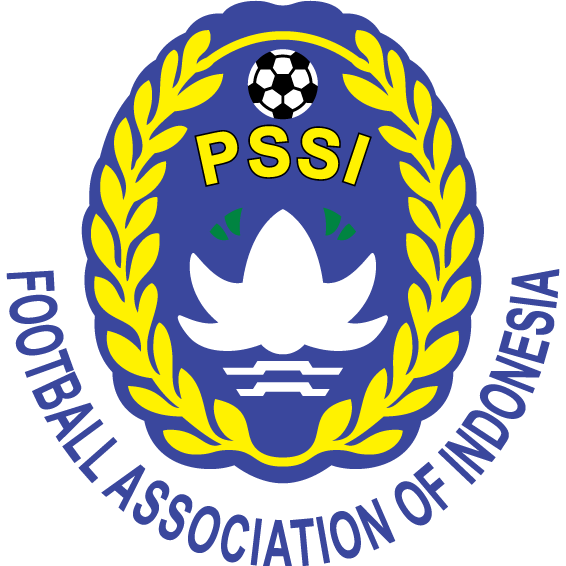


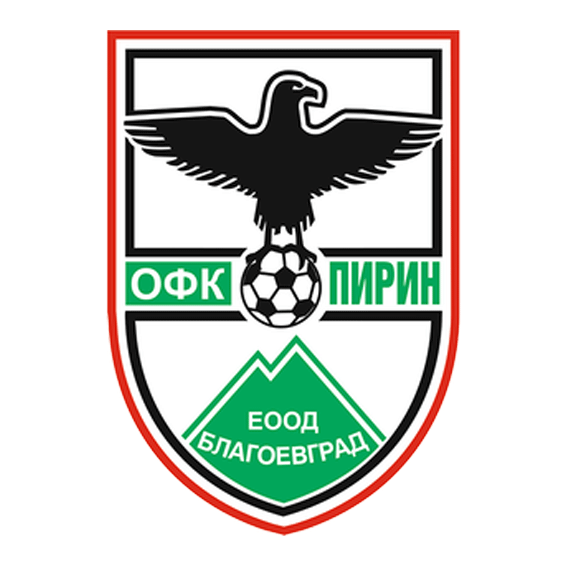
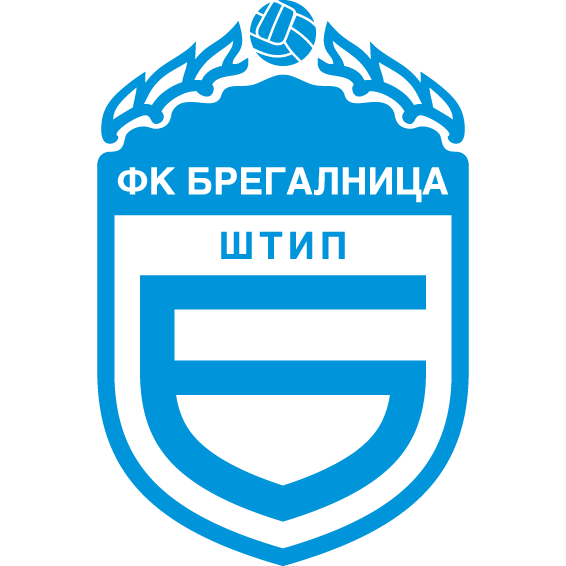
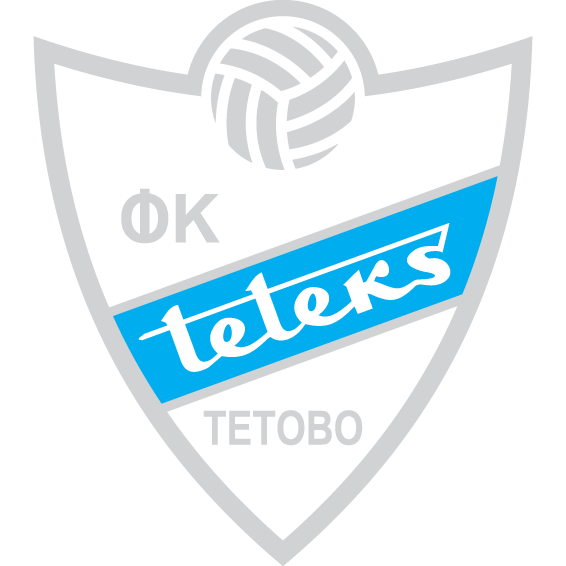
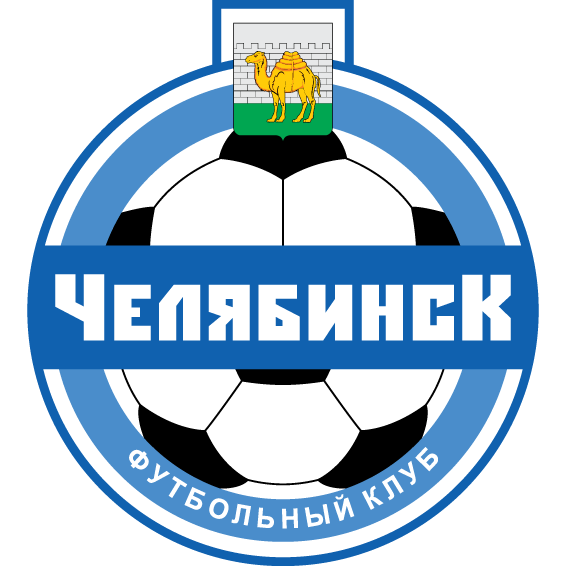


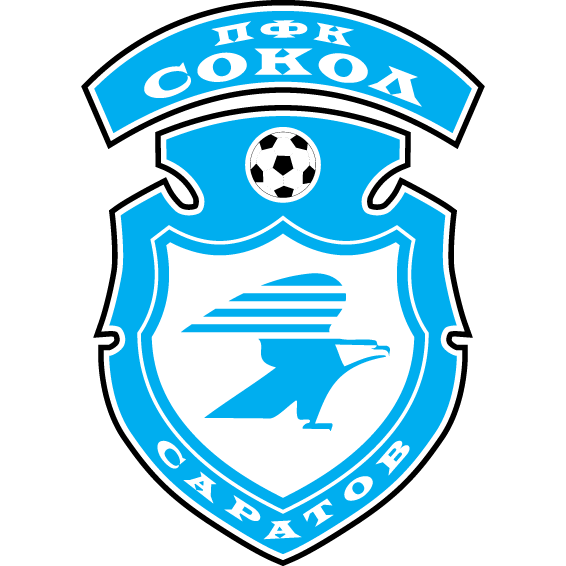

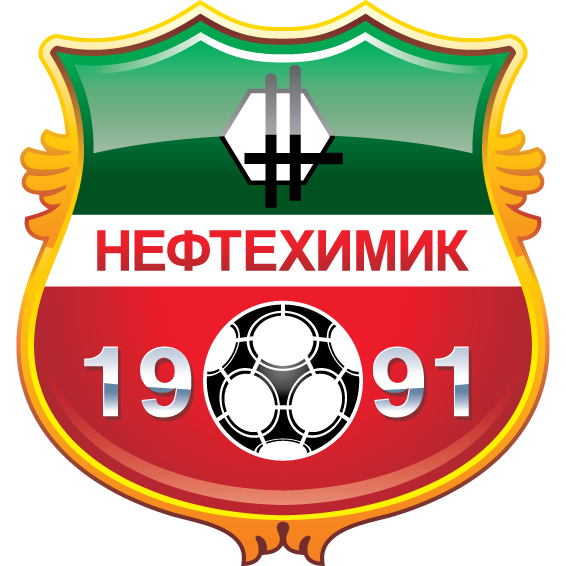
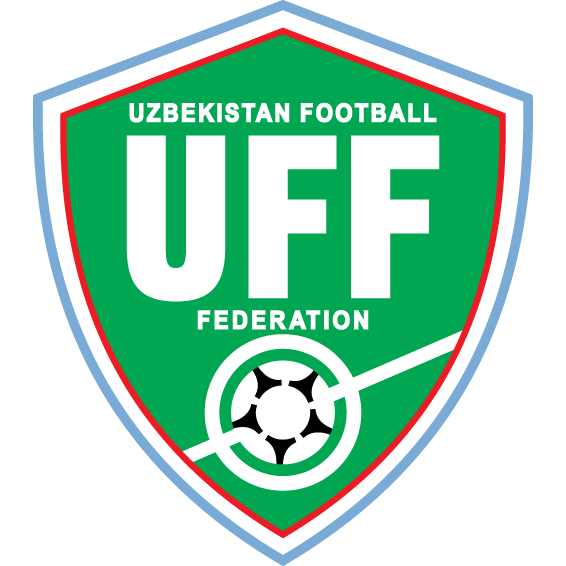
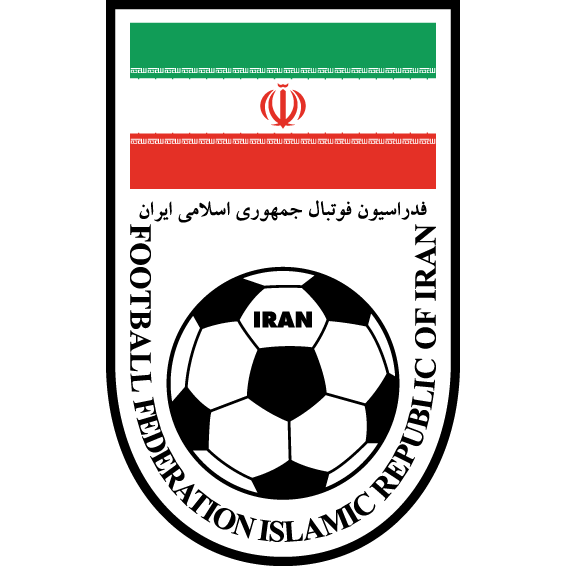























There are no comments yet. Be the first to comment!